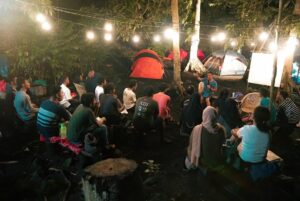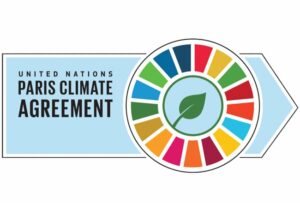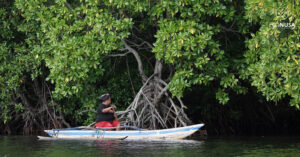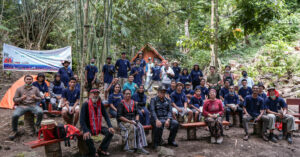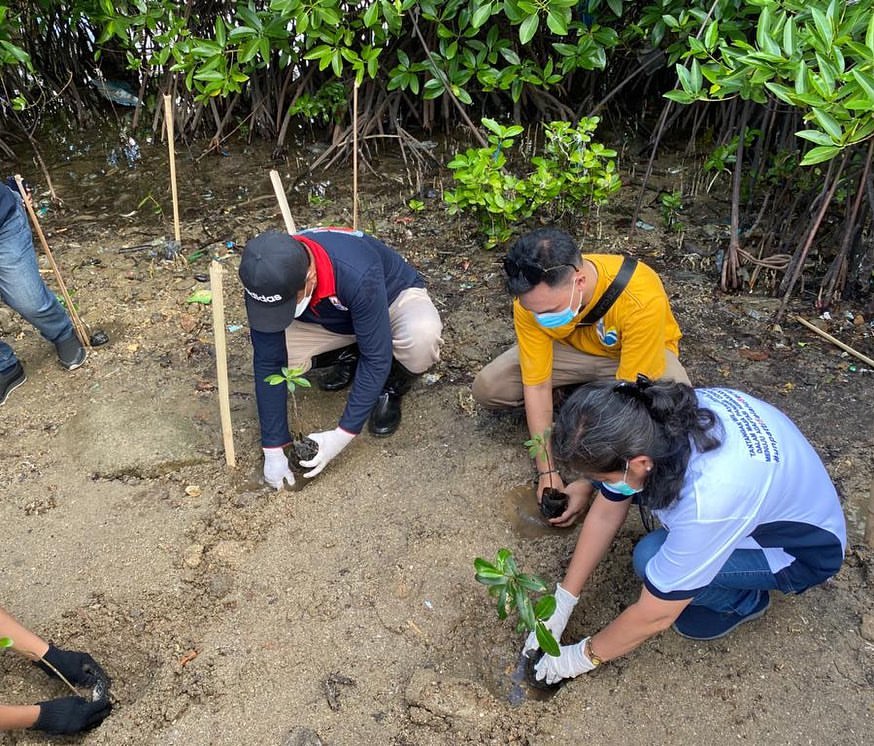
The world is currently experiencing a climatic crisis. Many factors contribute to this, including the degradation of forest functions and excessive pollution levels from industry. If we do nothing to address the climate crisis, there will be an increasing number of natural disasters that can affect humanity in the future. Furthermore, the world is becoming increasingly uninhabitable for us. Therefore, we currently need more environmental activists or diplomats, namely individuals who are actively engaged in taking actual steps to contribute in the resolution of environmental issues and who encourage others to become more aware of the issue.
To become an environmental diplomat, of course we must genuinely love and care for the environment. Apart from that, we must also equip ourselves with a variety of skills and knowledge in order for our mission of environmental advocacy to be more successful and effective. Do you want to know what information, skills, and attitudes an environmental diplomat should have? Come on, have a look at this article!
1. A good knowledge of the environment
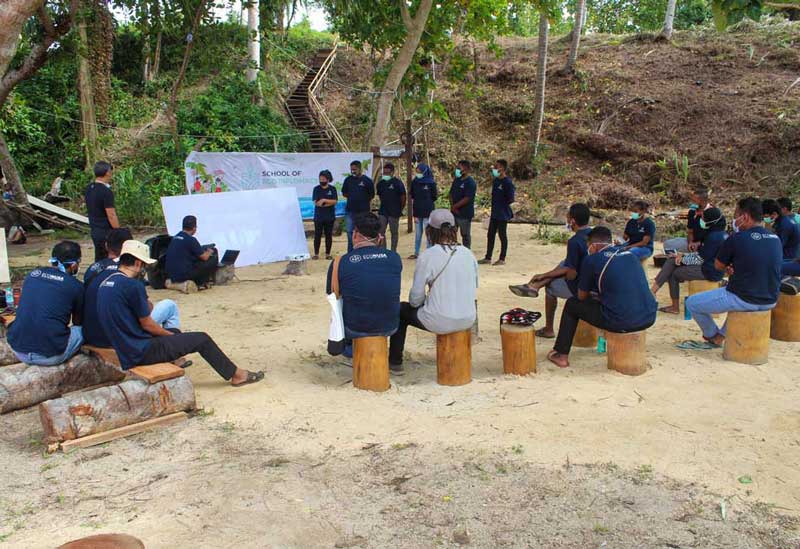
An environmental diplomat must continue to study in order to be able to speak out and educate more people about environmental issues. For example, by meticulously reading books, discussing with experts, and listening to the public’s perspectives, we can determine the core reasons of environmental problems that arise. As a result, we can become more confident in speaking up and advocating the issues. We become aware of the steps or solutions to be taken, such as what needs to be done. If we lack the necessary knowledge, our activism can be readily dismissed by others, including policymakers,
2. Communication skills
It is also necessary for an environmental diplomat to have excellent communication skills. When we want to advocate for or educate others, we will very certainly come into touch with a wide range of people, from policymakers to members of the general public from various backgrounds. It’s highly likely that the people with whom we desire to communicate are people we’ve never met before. As a result, we must determine how to communicate in accordance with the interlocutor in order for them to listen to and comprehend the message we deliver. For example, avoid using difficult phrases when talking to those who don’t understand environmental issues at all , so they don’t feel afraid to talk about it.
3. Leadership skills
We cannot conduct our environmental action alone, so we must collaborate with others. Therefore, when we become leaders or members of an environmental movement or organization, it is important to have a variety of leadership characteristics. For example, clearly dividing team members’ responsibilities, having a spirit of respect and empowerment, and being responsible. Having good leadership skills is another important asset to have so that our environmental diplomacy can be more successful.
4. Be consistent
Then there’s the fact that our acts will undoubtedly confront a variety of challenges. It is possible that the real actions and demands for change that we make will not produce instant results. When this happens, don’t get frustrated and give up right away. Consistency is essential for our voices and actions on environmental issues to be heard and recognized by a large number of people.
An example is the action performed by Engel Laisina and Mark Matulessy. These two young alumni of the Kewang Muda Maluku School of Eco Diplomacy consistently run an environmental campaign entitled Tarus Jaga Rumah, both in the real world and in social media. Through this campaign, they consistently encourage additional young people to participate in beach cleanup and tree planting in various locations throughout Maluku. Another example is the perseverance of young people in the Sorong Peduli Sampah movement in the city of Sorong, Papua. They work together to clean up waste in Sorong on a regular basis and to encourage the general people to be more environmentally conscious.
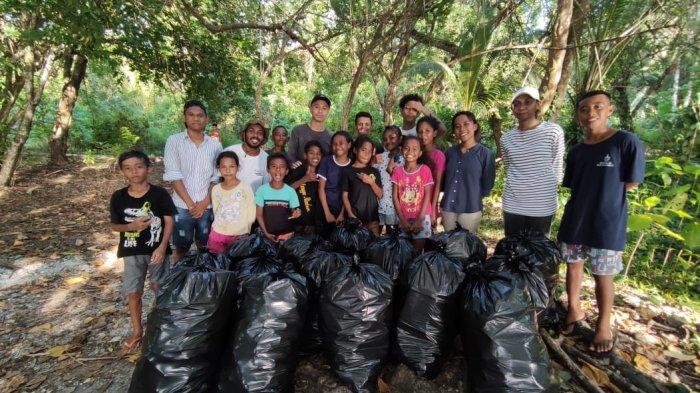
There you have it: knowledge, abilities, and traits that are important for an environmental diplomat to have. Are you now interested in becoming an environmental diplomat too? We can start our action with something simple. For example, starting to invite family and closest friends to be more active in taking action to protect the environment.
EcoNusa has conducted a School of Eco Diplomacy program since 2018, recognizing that many younger generations are interested in becoming environmental diplomats but are unsure where to begin. The participants in this program gained a variety of skills and knowledge that will help them become environmental diplomats in their communities. If you’re also interested in participating in this program, keep an eye out on the EcoNusa website and social media for updates on the upcoming School of Eco Diplomacy.



